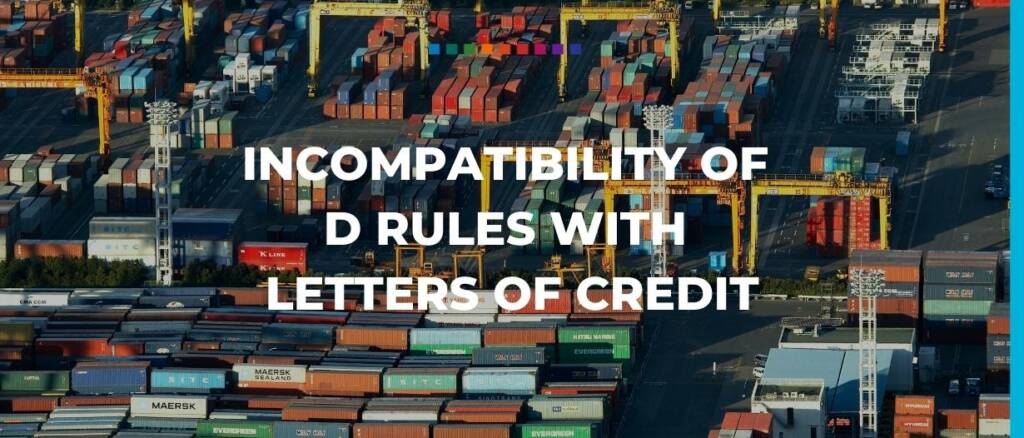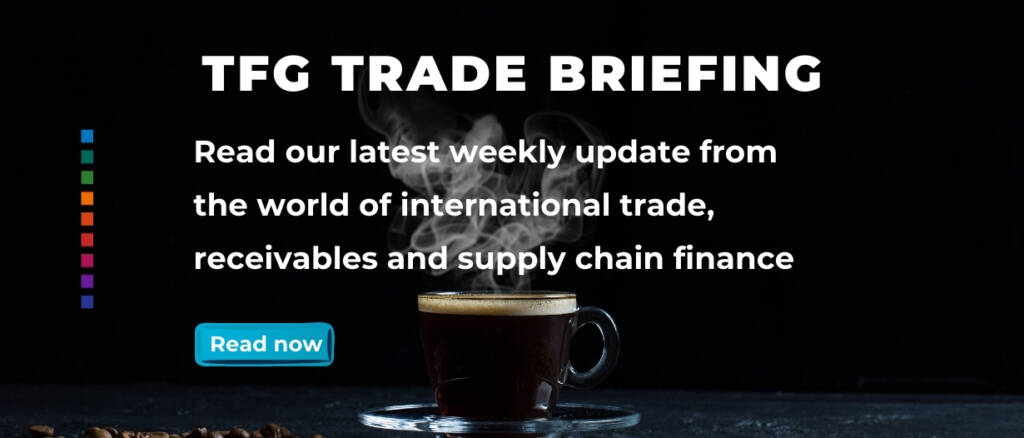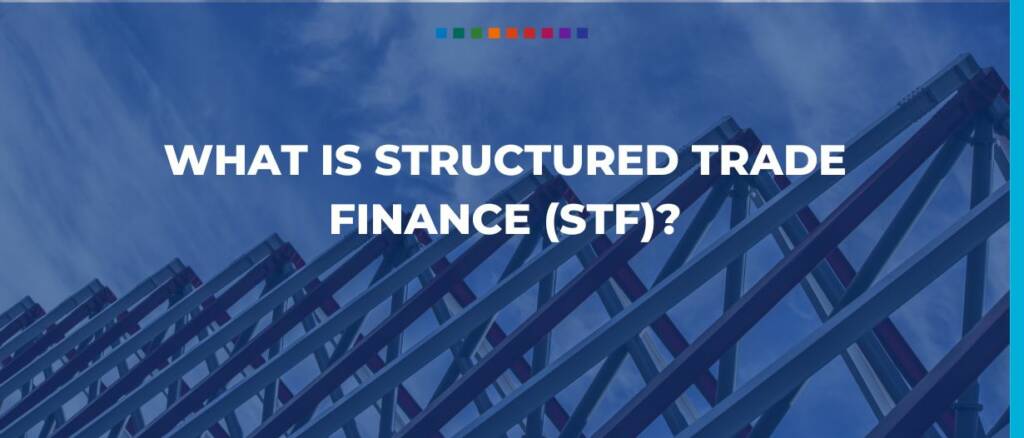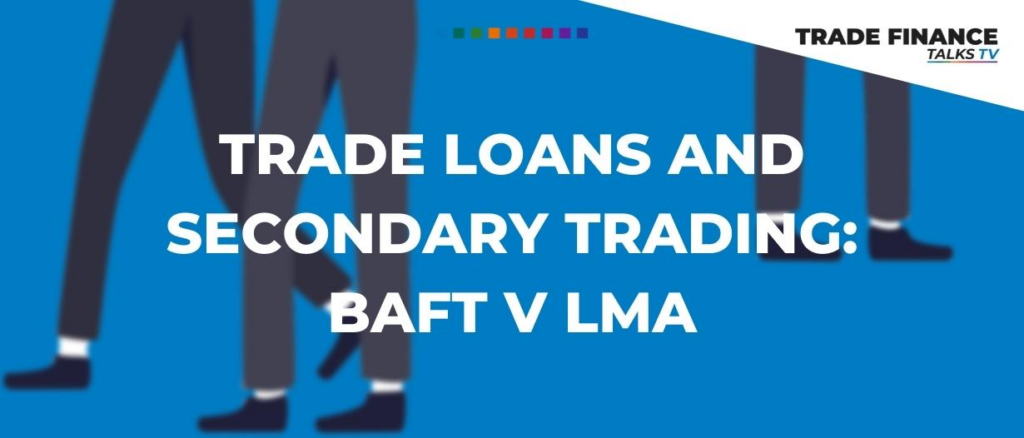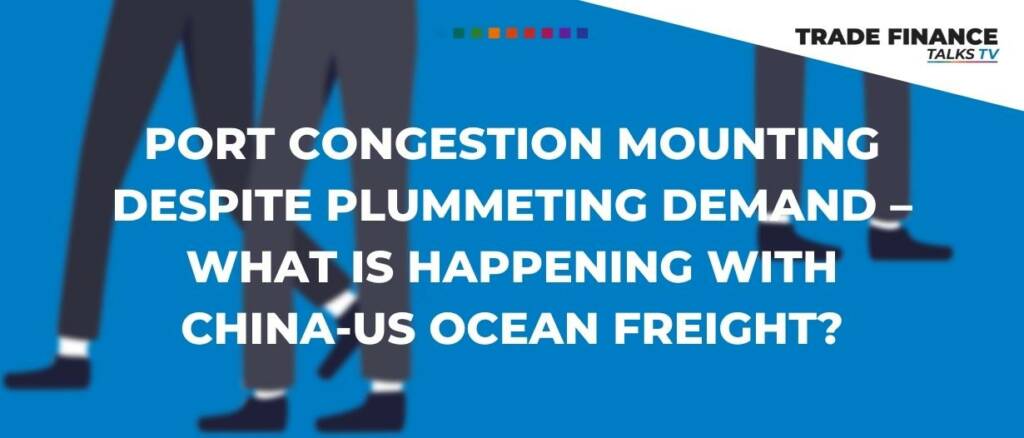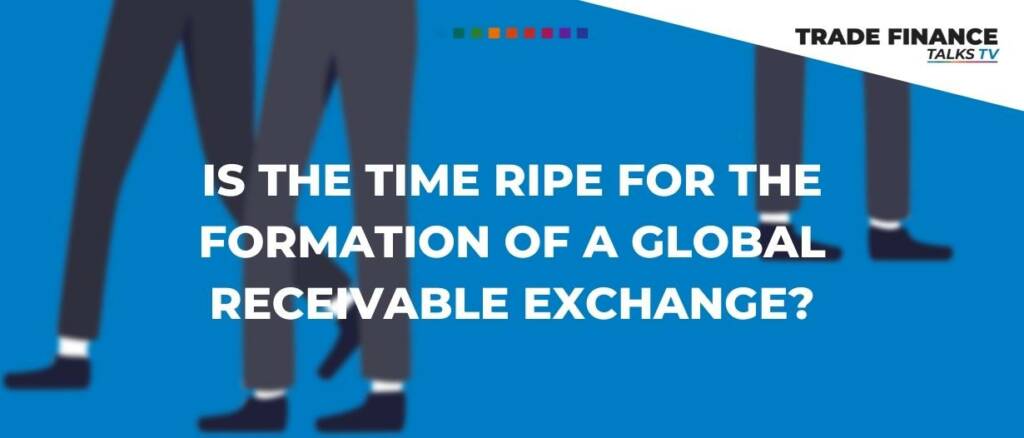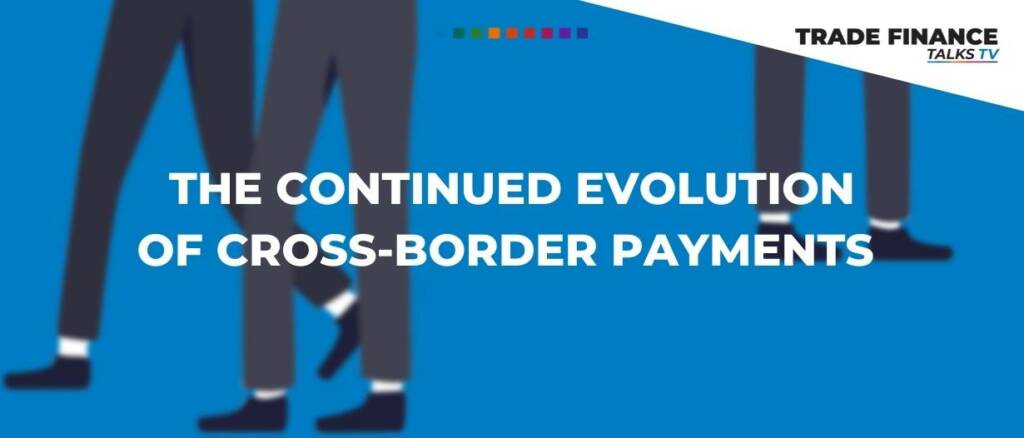In the D rules delivery does not occur until a named destination place. How it gets there, what origin port or place it left and when it left are all irrelevant. This puts the D rules completely at odds with the typical LC that requires a port of shipment, port of destination and a latest shipment date.
It may have ‘just’ been a football game, but its impact is far greater. The Union of European Football Associations (UEFA) Women’s Championship 2022 is over.
Your Monday coffee briefing from TFG: New from Trade Finance Talks – SME trade finance: flying under the radar
Just as the UK was experiencing record temperatures and a summer heatwave, the annual rate of inflation accelerated to a fresh forty-year high.
Structured trade finance is a type of debt finance that structures trade finance products from across the supply chain together. Learn everything you need to know about structured trade finance here.
Artificial intelligence. The metaverse. What do these tools have in common for supply chains? These are the technological building blocks for the future of the global supply chain – a fully digitised, connected, self-orchestrated ecosystem where even consumers hold decision-making power.
Trade loans are used to finance transactions involving import or export trading and reflecting different stages in the commodity trade cycle, from pre-export financing to borrowing base facilities.
All trade loans, however, are used to finance imports, exports, or other trading transactions.
Using freight rate data from the Freightos Baltic Index, the AI-powered ocean freight visibility solution provider Windward seeks to better understand the impact of current trends on the China-US flow of goods, port congestion in both countries, ocean freight prices, and what is driving these changes.
In 2019, FCI formed a working group called “Receivables as an Investable Asset Class” (RIAC). It was comprised of FCI members and companies who operate as funds supporting the
Cross-border payments are at the core of international finance and economic activity and it have undergone dramatic changes over the past fifty years.















